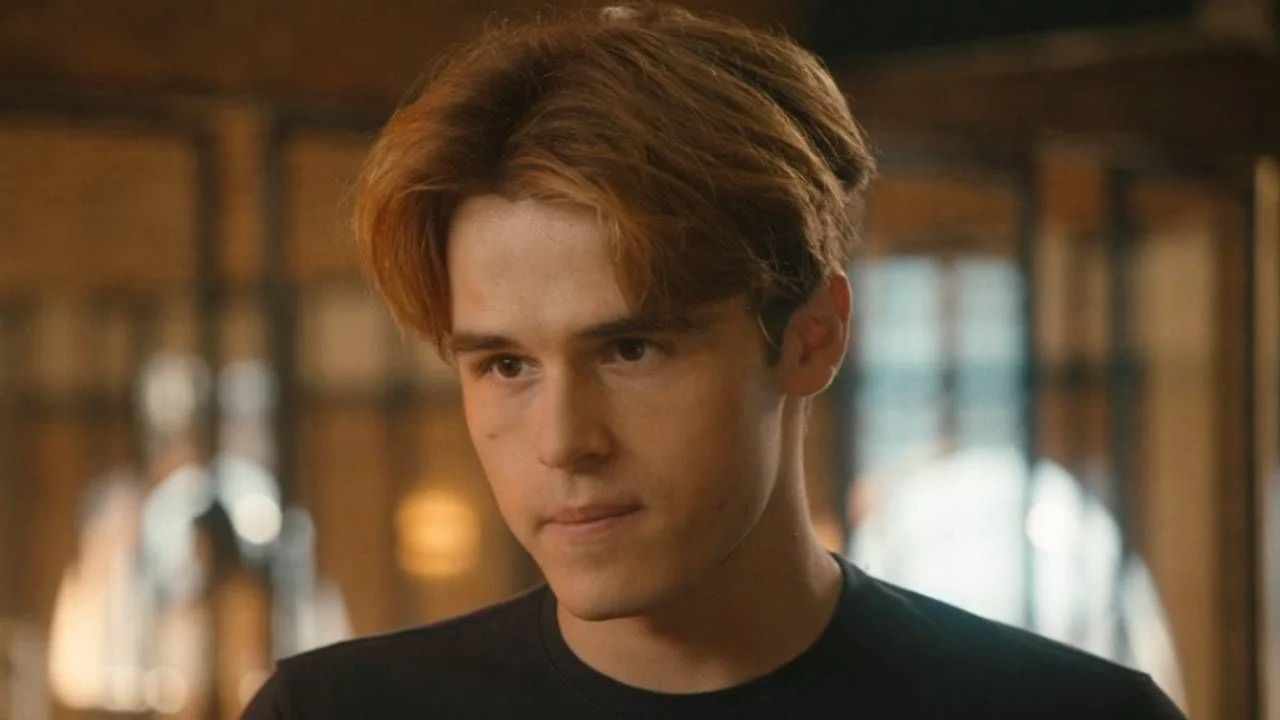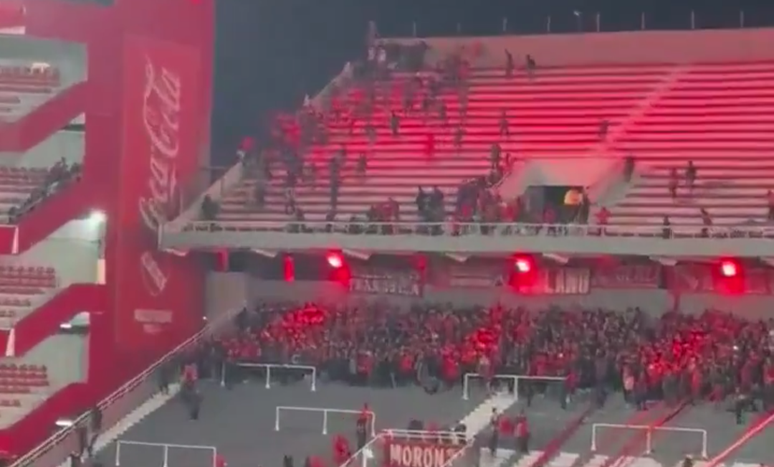More popular than many international artists, the Brazilian performances at The Town festival served to found the new MPB, now called Brazilian Pop Music. After years of dominance by pagoda and country music, country has a new commercially successful genre, born as a result of funk and the original MPB itself. And he made his power very clear by bringing together some of his main representatives at the recent event in Sao Paulo, which ended on Sunday (9/10).
Brazil has already consumed a lot of pop music. The golden phase took place in the 1980s, when the trend was influenced by new wave rock. But in the following decade, rock and pop drifted apart completely, losing strength and space to regional genres.
The rescue didn’t happen overnight. The rise comes from the days of “Bang”, Anitta’s 2015 album, which encapsulated funk with a colorful look and a more accessible sound. However, it only consolidated after 2018, with the arrival of more artists with the ability to move from funk dances to the commercial circuit. “Onda Different,” which brought together Anitta, Ludmilla and American rapper Snoop Dogg in 2019, became an international hit.
At the same time, the group of sad guitar ballads also saw the potential of adopting a more modern language, with electricity and electronics. And IZA tried to create an MPB with a black orientation, featuring reggae and R&B.
The different strands lived in parallel until, last August, Luísa Sonza released “Escândalo Íntimo”, an album that attracted attention for having little funk, but many sad ballads and even pop rock, combining everything without losing identity, and breaking the audience record. from Spotify Brazil. Known for her funk hits, Luísa recorded a duet on the album with Marina Sena, exponent of another side.
Finally, after (less than a week) came The Town, which featured Luísa Sonza, Marina Sena, IZA, Ludmilla, Jão, Pabllo Vittar and Gloria Groove, each trying to deliver a more surprising performance than the other, and with it eclipsing even the American pop of the event. In their artistic individualities, they are quite different from each other. But none of them produce just one type of sound, and in this they converge, in the mix of styles that favors the new MPB.
The audience noticed it, applauded and sang along with everyone, without making too many distinctions. Jão broke the Spotify record, later broken by Luísa Sonza. Therefore, for the music industry, Brazilian pop is already a commercial reality.
But many social media “critics” have missed the paradigm shift, as they continue to try to treat artists as separate niches. But niches will never be as mainstream as the work of the current generation can be.
All criticism tends to turn into hatred fueled by X and Facebook. And after seeing Marina Sena attacked after her show at The Town, Luísa Sonza took her side and summed up the moment. “Marina Sena is fucked*, Jão is fucked*, Pabllo Vittar is fucked*, Iza is fucked*, Ludmilla is fucked*, Anitta is fucked*, Gloria Groove is fucked*, I am fucked*. This does not depend on your opinion”, she vented on X this Monday (9/11). “We are creating a new generation of new big names in Brazilian music.”
“Brazilian music is alive, it is diverse, it is current. If you don’t admit it, for now, it won’t stop all of us from making history,” he concluded.
Source: Terra
Earl Johnson is a music writer at Gossipify, known for his in-depth analysis and unique perspective on the industry. A graduate of USC with a degree in Music, he brings years of experience and passion to his writing. He covers the latest releases and trends, always on the lookout for the next big thing in music.



![Tomorrow belongs to us: What awaits you on Thursday, 2014, in the episode of August 21, 2025 [SPOILERS] Tomorrow belongs to us: What awaits you on Thursday, 2014, in the episode of August 21, 2025 [SPOILERS]](https://fr.web.img4.acsta.net/img/f3/67/f367cef67259314e71fe2cb3ee784be4.jpg)



